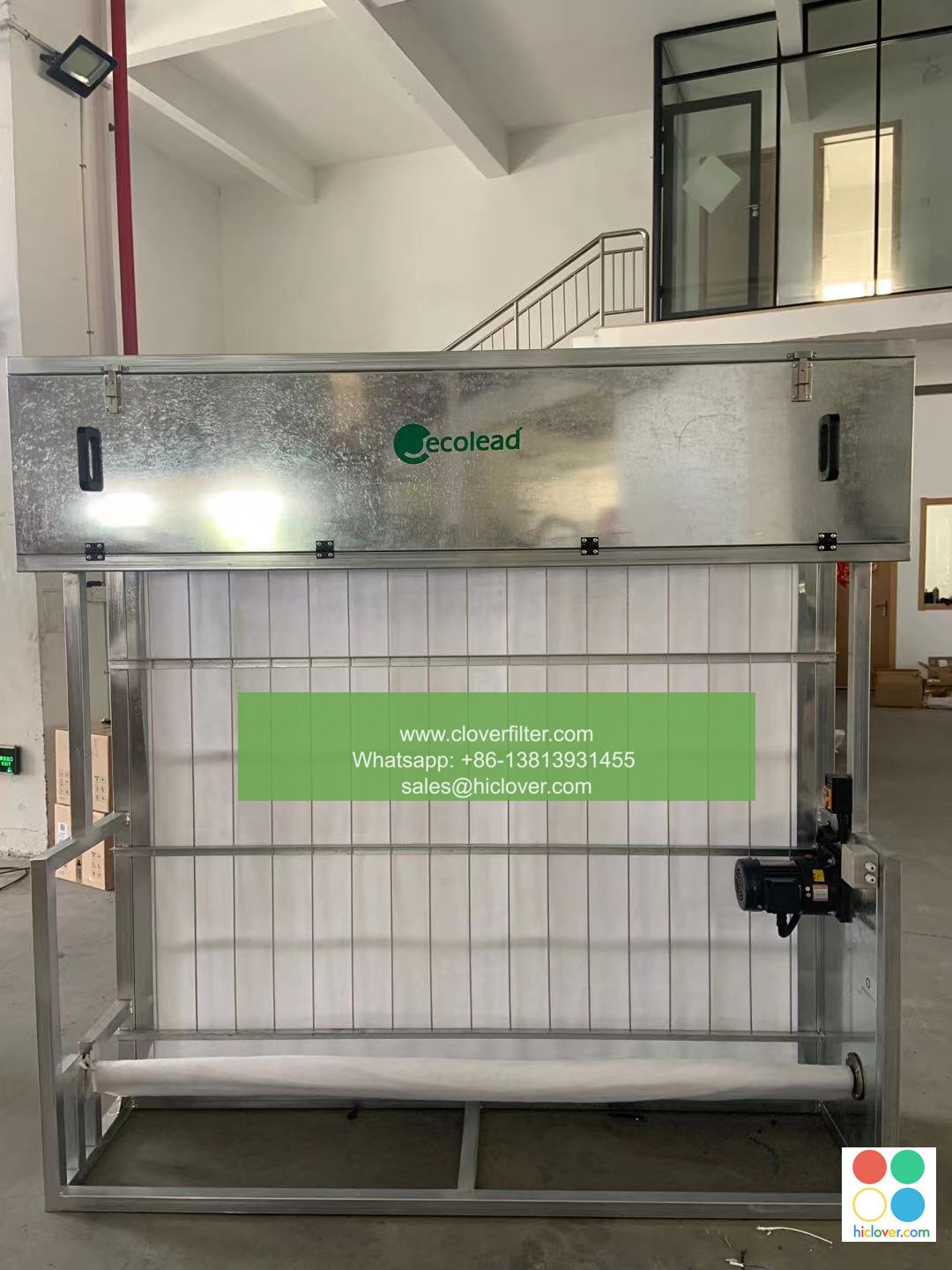Air Filter Maintenance for Businesses: A Guide

As a business owner, maintaining a healthy and safe indoor environment is crucial for the well-being of your employees, customers, and overall productivity. One often overlooked aspect of indoor air quality is air filter maintenance. In this article, we will discuss the importance of air filter maintenance for businesses, its benefits, and provide a comprehensive guide on how to implement an effective maintenance schedule.
Why is Air Filter Maintenance Important for Businesses?
Air filters play a critical role in removing airborne pollutants, allergens, and irritants from the air, improving indoor air quality and reducing the risk of respiratory problems. Neglecting air filter maintenance can lead to a range of issues, including:
* Reduced air quality, causing discomfort and health problems for occupants
* Increased energy consumption, as dirty filters can decrease HVAC system efficiency
* Premature equipment failure, resulting in costly repairs and replacements
* Loss of productivity, as poor air quality can negatively impact employee performance and attendance
Benefits of Regular Air Filter Maintenance
Regular air filter maintenance can have numerous benefits for businesses, including: Air filter maintenance is crucial in various application areas, including: To implement an effective air filter maintenance schedule, follow these steps: To ensure effective air filter maintenance, consider the following best practices:
* Improved indoor air quality, reducing the risk of airborne illnesses and allergies
* Increased energy efficiency, lowering energy costs and reducing the business’s carbon footprint
* Extended equipment lifespan, preventing premature failure and reducing maintenance costs
* Enhanced productivity, as a healthy and comfortable indoor environment can improve employee focus and performance
* Commercial HVAC systems, such as office buildings, shopping centers, and restaurants
* Industrial facilities, including manufacturing plants, warehouses, and distribution centers
* Healthcare facilities, such as hospitals, clinics, and nursing homes, where indoor air quality is critical
* Schools and educational institutions, where a healthy environment is essential for student learning and developmentA Comprehensive Guide to Air Filter Maintenance
1. Inspect air filters regularly, checking for signs of dirt, dust, and damage
2. Clean or replace air filters as needed, following the manufacturer’s recommendations
3. Use high-quality air filters, designed to capture airborne pollutants and allergens
4. Monitor indoor air quality, using tools such as air quality meters and sensors
5. Train maintenance personnel, ensuring they understand the importance of air filter maintenance and can perform tasks effectivelyBest Practices for Air Filter Maintenance
* Develop a maintenance schedule, outlining regular inspection and replacement procedures
* Use a maintenance tracking system, to record and monitor air filter maintenance activities
* Invest in air filter maintenance training, for maintenance personnel and other stakeholders
* Consider outsourcing air filter maintenance, to a qualified and experienced service provider
By prioritizing air filter maintenance and implementing a comprehensive maintenance schedule, businesses can improve indoor air quality, reduce energy consumption, and promote a healthy and productive work environment. Remember, regular air filter maintenance is essential for maintaining a safe and comfortable indoor space, and is a critical aspect of facilities management and building maintenance. You haven’t provided a question or topic for me to address. Please provide more context or information so I can give you a helpful and accurate response. What would you like to talk about or ask?

